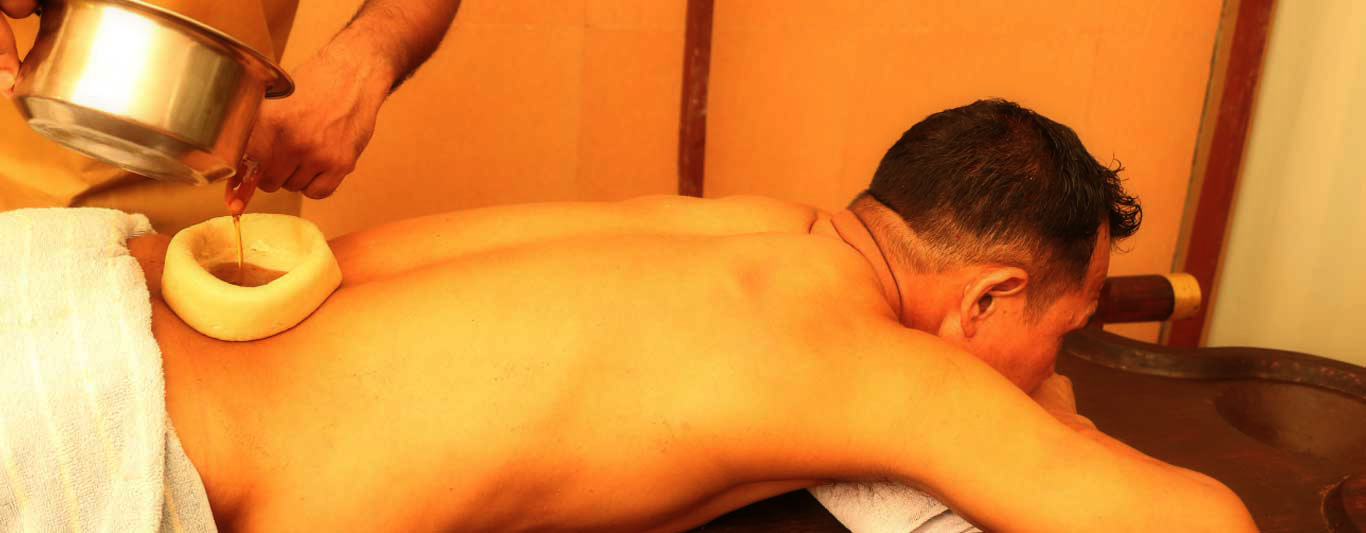Dementia, Alzheimer’s disease
Dementia / Alzheimer’s disease
Dementia is the condition in which mental ability is deteriorated due to disorders affecting the brain. It describes a group of symptoms affecting memory, thinking and social abilities severely enough to interfere with daily functioning.
Poor memory alone is not a sign of dementia, because memory loss has different causes. Alzheimer's disease is the most common cause of a progressive dementia in older adults, but there are a number of causes of dementia. Depending on the cause, some dementia symptoms can be reversed. Dementia involves damage of nerve cells in the brain, which can occur in several areas of the brain. Dementia affects people differently, depending on the area of the brain affected.
Alzheimer’s disease:- A progressive deterioration in mental ability due to degeneration of brain issue. In this disorder, brain cells gradually degenerate and deposits of an abnormal protein build up in the brain. Due to this brain cells shrinks and results in dementia.
Symptoms
- Cognitive changes
- Memory loss, which is usually noticed by a spouse or someone else
- Difficulty communicating or finding words
- Difficulty reasoning or problem-solving
- Difficulty handling complex tasks
- Difficulty with coordination and motor functions
- Confusion and disorientation
Psychological changes
- Personality changes
- Depression
- Anxiety
- Paranoia
- Agitation
- Hallucinations
Ayurvedic Perspective
Dementia and Alzheimer’s disease are correlated as smrithi bhramsa in ayurveda and is developed due to imbalance of vatadosha. Hina satva, rajo predominant prakruthi and the person whose mind is weakened by all the stressful conditions are more prone to develop smruthibhramsa. Early detection of the condition and immediate treatment is required to prevent the progression of the disease. As the dementia involves neurodegeneration, rasayana and panchakarma therapy play very important role in the management of dementia
Main Procedure
External therapy such as Abhyangam,Thalam, Siropichu,Sirovasthy,Dhoomapanam,Thala pothichil etc.
The patient needs 3-4 weeks of inpatient treatment and follow up at regular intervals of 6 months - 1 year. Meanwhile they can continue the medicines at home.
Many ayurvedic herbs are used as tonics for nervous system. Eg;aswangandha; haridra, brahmi, guduchi, sankupushpi, jatamansi, guggulu etc. The medicines are selected according to the prakriti and dosha imbalances.
Diet include: vegetables, fruits, proteins, healthy fats, vitamins minerals, green leafy vegetables, salmon, cold water fish, berries, virgin olive oil, dairy products, meat
Avoid – excess carbohydrate intake, white bread, white flour, white sugar, pasta, processed food, Cheese, processed meat etc
Activities
Regular exercise and other physical activities play an important role in reducing the risk of dementia and Alzheimer’s disease.
Activities like working, volunteering, reading, playing computer and other games – mentally stimulating activities. Yoga and meditation is most helpful in disorders related to nervous system.





